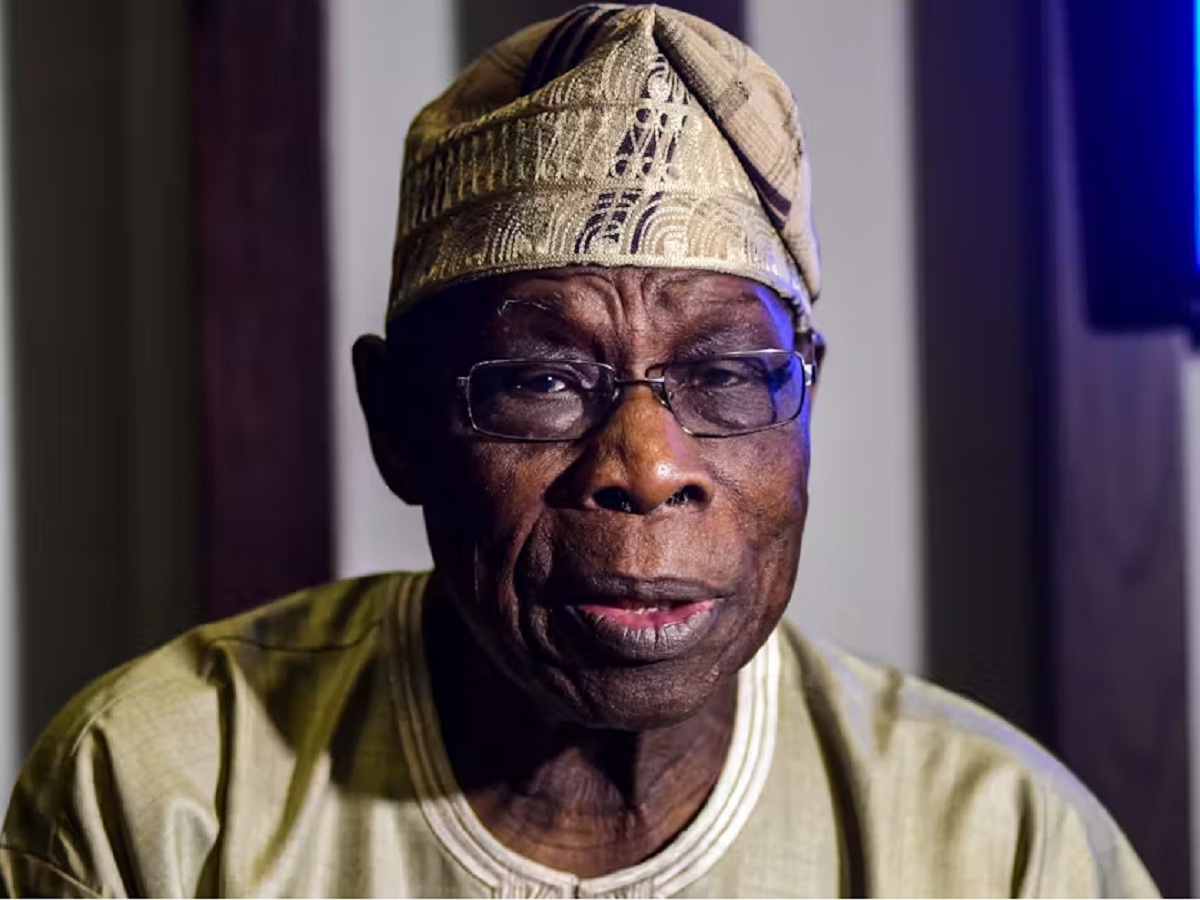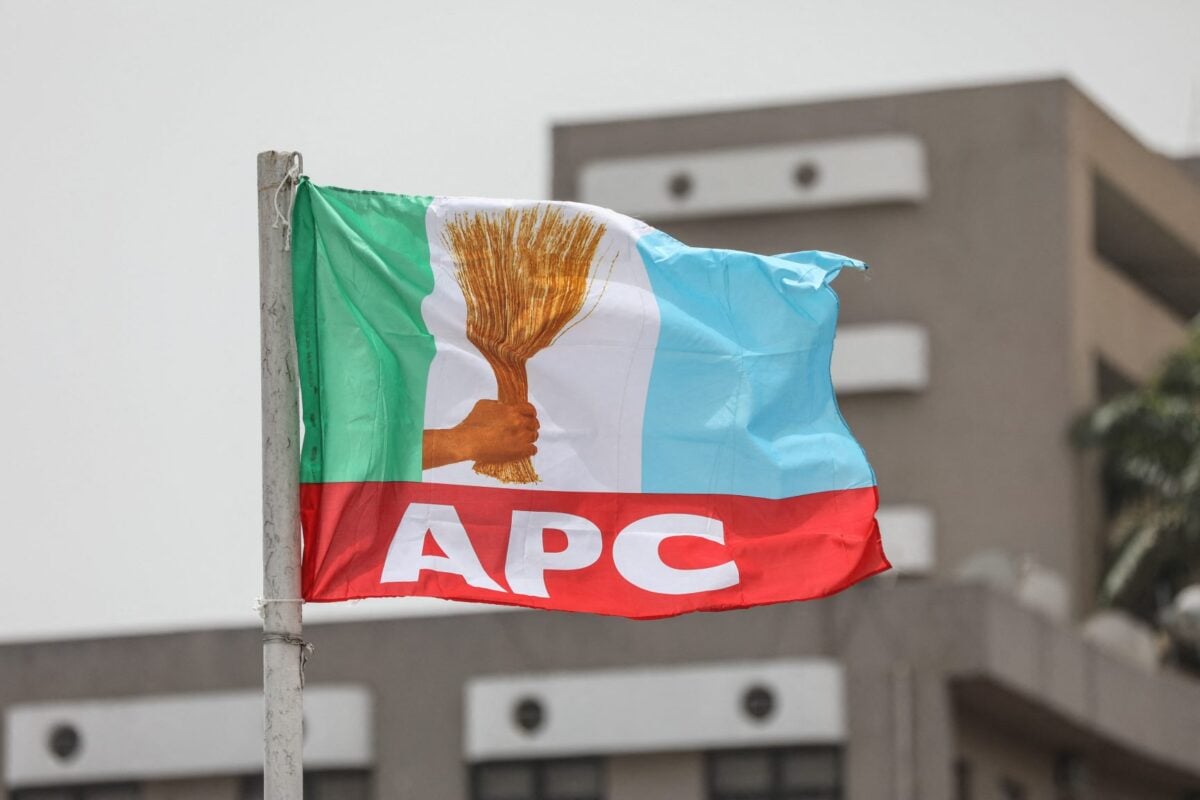Ex-President Obasanjo's 'Court of Corruption' Bombshell Ignites Political Firestorm

Former President Olusegun Obasanjo has ignited a political firestorm with scathing criticisms directed at Nigeria’s judiciary and electoral body, the Independent National Electoral Commission (INEC). In his new book, "Nigeria: Past and Future," Obasanjo asserts that the Nigerian judiciary has become “deeply compromised,” evolving into “a court of corruption rather than a court of justice.” He laments a steady and precipitous decline in the judiciary’s integrity, especially during the Fourth Republic, warning that justice in Nigeria has been commodified and this poses a significant threat to national stability.
Obasanjo reinforced his claims by recounting an incident where a governor allegedly revealed six duplex buildings belonging to a judge, purportedly acquired from proceeds as chairman of election tribunals, illustrating what he described as the profound depth of corruption within the judicial system. Furthermore, he accused Mahmood Yakubu, the INEC chairman, of consistently undermining the electoral process since 2015. Obasanjo stated that politicians no longer place confidence in elections which INEC, under Yakubu, has “polluted and grossly undermined to make a charade.” He alleged that Yakubu’s will has superseded the will of the people, making the outcome of election disputes appear dependent on the whims of tribunal, Court of Appeal, and Supreme Court judges. The former president also directly implicated the late former President Muhammadu Buhari, alleging collusion with the judiciary during his election cases, claiming Buhari “threw caution to the wind,” rewarding judges financially and with appointments, regardless of their age or rank, for doing his bidding.
In a swift and strong rebuttal, the All Progressives Congress (APC) in Lagos State dismissed Obasanjo’s comments as “laughable” and “disgracefully hypocritical.” Through its spokesman, Mogaji Seye Oladejo, the party asserted that Nigeria is firmly on a path of reform, recovery, and renewal under President Bola Tinubu, who, it stated, is focused on the future and not in competition with anyone, including Obasanjo. Oladejo specifically addressed Obasanjo’s alleged claim in his new book that Tinubu competes with the late President Muhammadu Buhari in terms of incompetence and inefficiency.
The APC spokesman countered Obasanjo’s criticisms by pointing to his own tenure, which he characterized as being remembered more for “political arrogance, squandered opportunities, and failed democratic subversion.” Oladejo highlighted alleged failures during Obasanjo’s presidency, including the disappearance of billions allocated to the power sector with no tangible results, an economy handed over with more foreign debt than when he assumed office despite claims of debt repayment, the infamous third-term agenda that nearly caused a constitutional crisis, and the flourishing of corruption under the guise of reforms. He argued that if Nigeria is still grappling with years of structural rot, Obasanjo bears a significant share of the blame, contending that the “mess didn’t start with Buhari, and it certainly isn’t being deepened by Tinubu—it started long before, under the watch of men who now pretend to be saints.”
Defending President Tinubu’s leadership, Oladejo asserted that Tinubu has taken courageous decisions that previous leaders lacked the resolve to implement. He cited the removal of fuel subsidies, the overhaul of the foreign exchange regime, and the confrontation of entrenched inefficiencies as “bold actions by a man determined to fix what others, including Obasanjo, either broke or ignored,” rather than marks of incompetence. The APC spokesman attributed Obasanjo’s criticisms to “bitterness,” stemming from his inability to control the current government and his resentment that Nigeria has moved beyond his “egocentric, do-or-die politics.” Oladejo described Obasanjo’s habit of attacking sitting presidents when he loses relevance as “predictable and pathetic,” urging the former president to exhibit decorum, especially at his age. He advised that elders should offer constructive advice, not agitate, suggesting that silence would serve Obasanjo—and the country—better than his “attention-seeking outbursts.”
You may also like...
Boxing Icon's Son in Legal Turmoil: Julio Cesar Chavez Jr. Faces Cartel Allegations & Deportation Drama!

Mexican boxer Julio César Chávez Jr. has been deported from the U.S. to Mexico, where he was immediately jailed for alle...
Super Falcons Make History: Nigeria Crowned WAFCON Champions for 10th Time in Thrilling Win!
)
Nigeria's Super Falcons made history by clinching their 10th Women's Africa Cup of Nations title with a spectacular 3-2 ...
Paolo Sorrentino's 'La Grazia' Dazzles Venice, Earns Raves

Paolo Sorrentino's latest film, 'La Grazia,' captivated the Venice Film Festival, earning a four-minute standing ovation...
KPop Demon Hunters Ignites Oscar Buzz, Captivates Audiences

The animated film "KPop Demon Hunters" has emerged as a record-breaking global phenomenon, topping Netflix viewership ch...
Naira Marley Breaks Silence: Explosive Defense in Mohbad Case Rocks Nigeria!

Naira Marley has released a documentary sharing his side of the story regarding the tragic death of his former signee, M...
Fans Buzzing as Reading & Leeds Festival Teases Major Secret Headliners!

Anticipation is high for the 2025 Reading and Leeds Festivals, with widespread rumors of secret sets from bands like Wol...
Britpop Backlash: Oasis Reunion Fuels Fan Fury, Ticketmaster Under Fire!

Oasis is set to embark on a highly anticipated reunion tour with Andy Bell confirming his involvement, playing 41 dates ...
Swift-Kelce Mania: Engagement Rocks Pop Culture, Sparks Super Bowl Buzz!

NFL star Travis Kelce provides a rare insight into his "normal" relationship with Taylor Swift, confirming their engagem...




